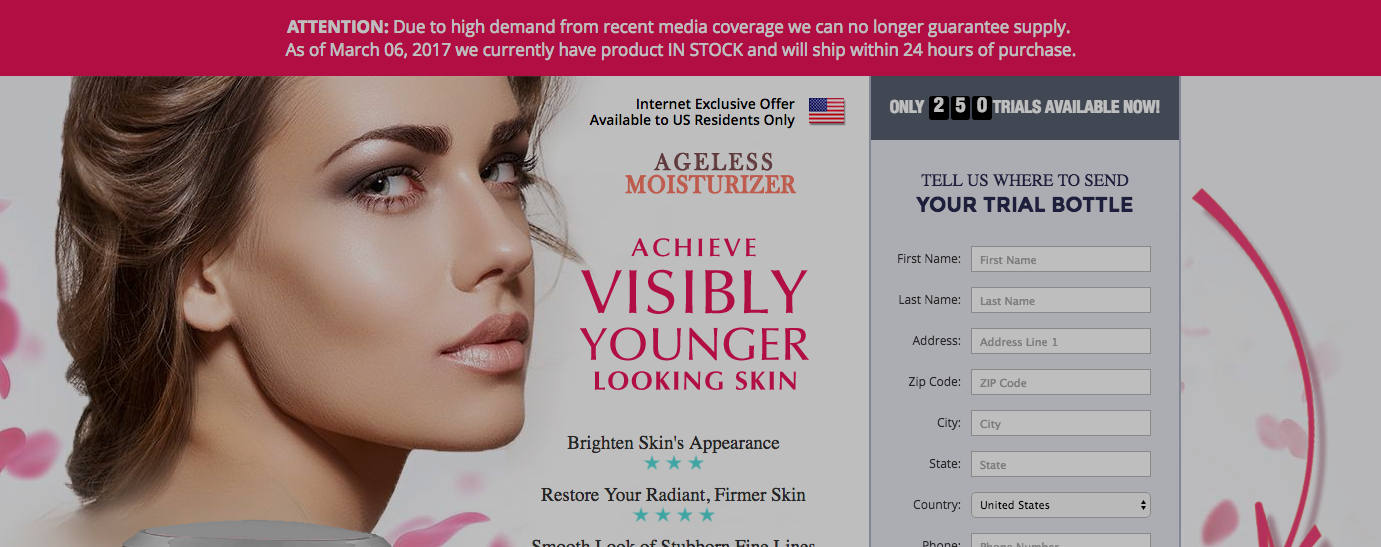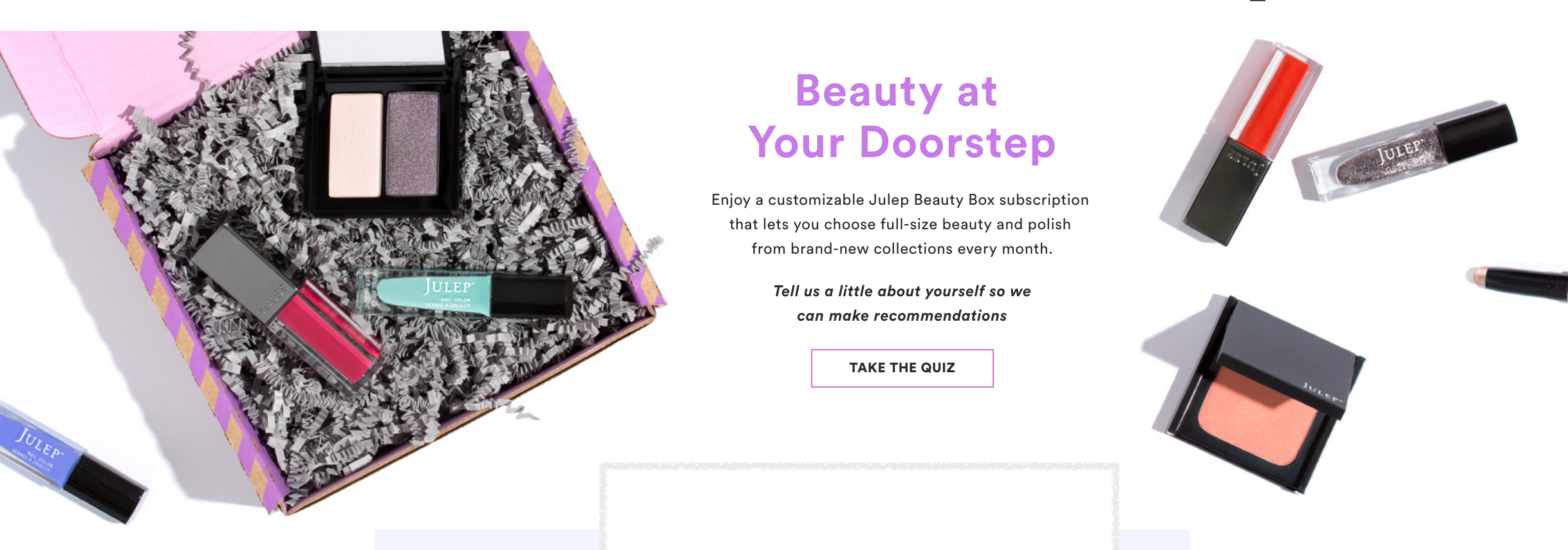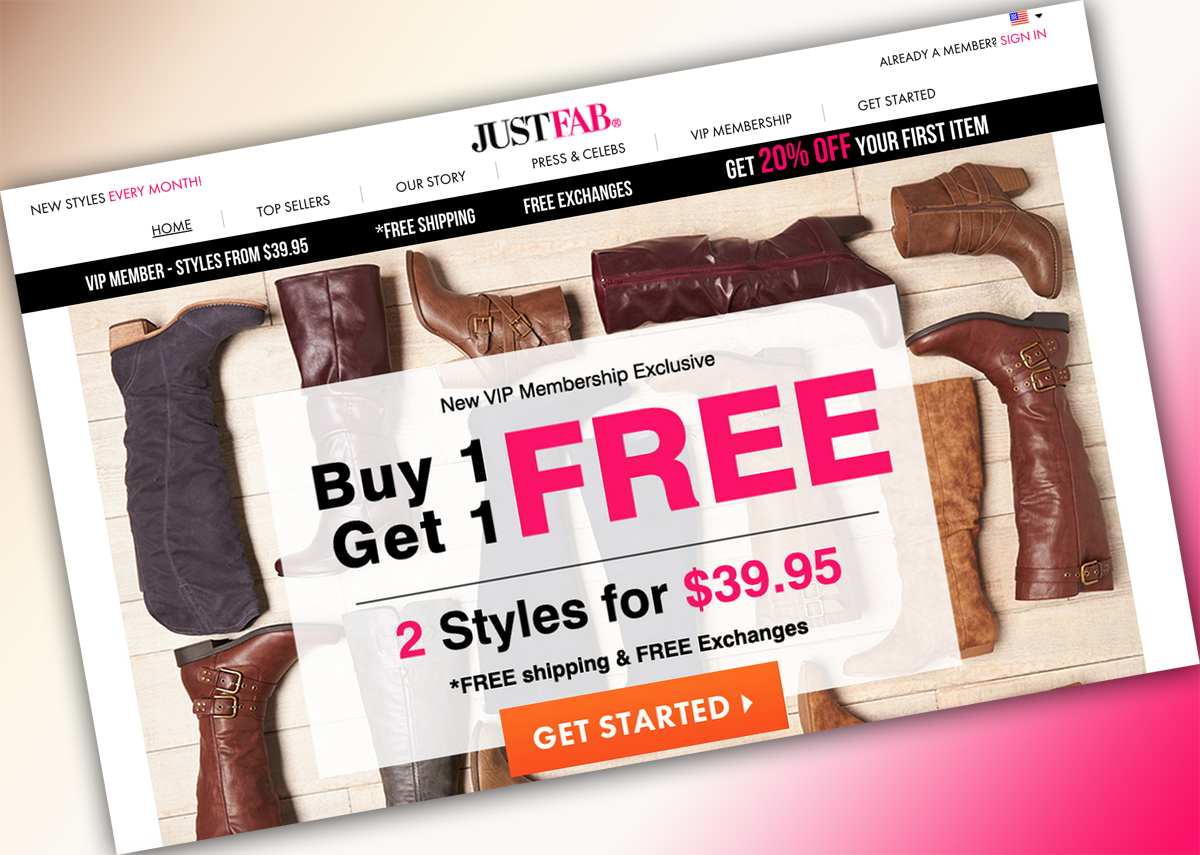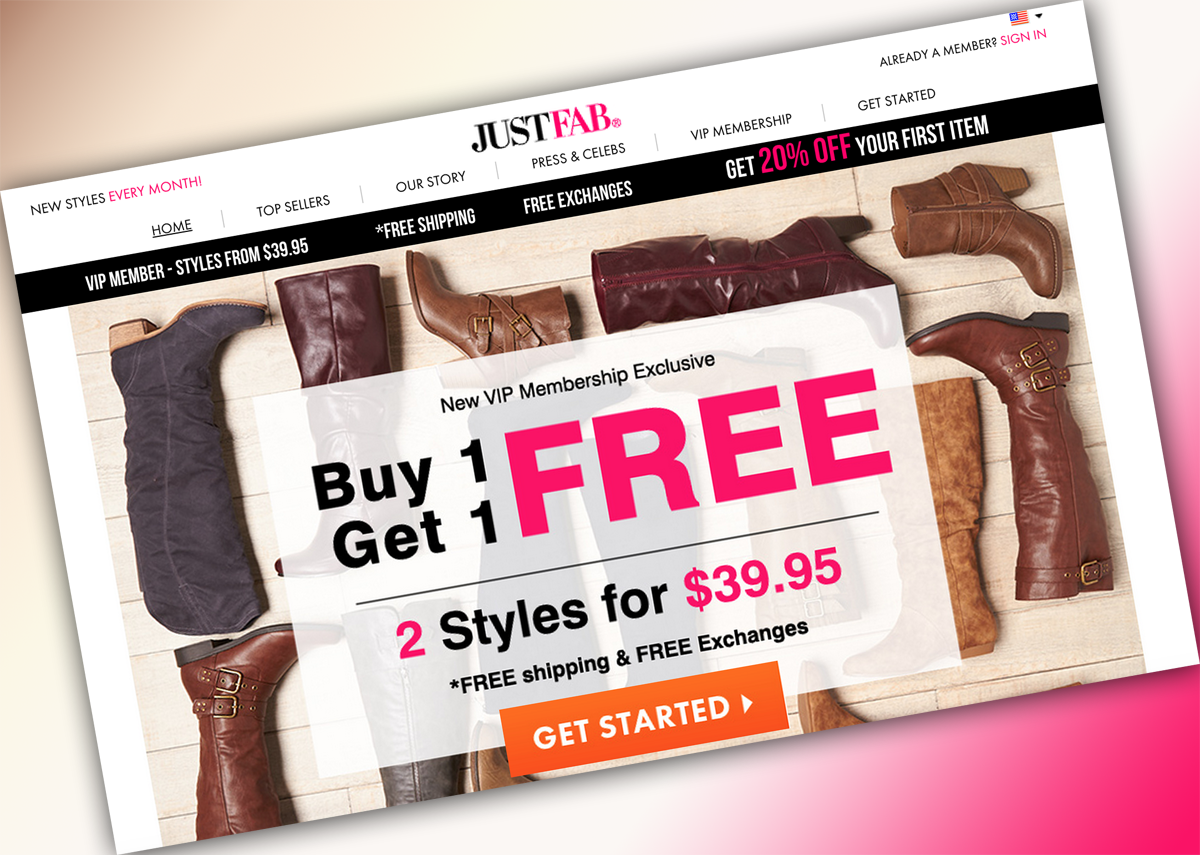If you’ve ever been surprised to find you’ve been automatically charged for a subscription or a service you don’t remember signing up for, you’re not alone: A new survey says that more than a third of Americans have been enrolled in autopay programs — for anything from a gym membership to a streaming service — without realizing it. [More]
negative option billing

‘Free’ Anti-Wrinkle Cream Offers Could Drain Your Bank Account
No matter how tempting they seem, stay away from online offers of “free trials” of skin products. Instead of smoothing your wrinkles, they may deepen your frown lines by draining your bank account, since agreeing to a “free trial” of a product can mean agreeing to automatic shipments of it and other products as well. [More]

Watch Out: That “Free” Trial Of Wrinkle Cream Could Cost You Big Bucks
It’s always good to keep in mind that if something seems too good to be true, it probably is. Like an empty subway car on a hot summer day, or the email telling you you’ve just inherited millions from a dead Nigerian king. Or an offer for a “free” trial of beauty cream that ends up actually costing you hundreds of dollars. [More]

Congressmen From California And Georgia Introduce Bill Against Negative Option Billing
Negative option billing is an especially insidious way to make people keep buying things from you, and it’s an especially big problem online. Most products promising a “free trial” use it, and the method sells products like credit monitoring, college financial aid help, skin care products, weight loss supplements and shoes. Canceling these subscriptions can be a huge hassle, and wouldn’t it be easier if opt-out subscriptions just weren’t a thing? [More]

Beauty Box Julep Must Donate Toiletries To Settle Lawsuit Over Shady Negative-Option Marketing
Negative-option subscriptions aren’t anything new: just ask any former member of Columbia House. Subscribers sign up for a service, and then receive something every month unless they specifically opt out. It’s become a popular model in fashion recently, and that includes the cosmetics subscription box from Julep, a company probably best known for its nail polishes. Today, the state of Washington announced that the company settled charges that its negative-option marketing for cosmetics boxes was deceptive. [More]

Fabletics Seeks New Subscribers By Opening Stores In Malls
Fabletics is an athleticwear company for women that sells nice workout wear outfits for about $50. They operate on a subscription model: every month, you’ll get billed for a subscription unless you log in and decide not to buy anything that month. It’s like Columbia House for yoga pants. Yet the company is doing something sort of unexpected for a retailer that uses this business model: they’re opening a seventh real-life store, with the new one at the Mall of America in Minnesota. [More]

JustFab Is Reviewing Just What Makes So Many Customers Angry
Any company with millions of customers will have some customer service problems and complaints: where a company succeeds or fails is in how they respond to and resolve those problems. JustFab is a controversial company with roots in sketchy diet supplement and wrinkle-cream businesses, and JustFab representatives claim that they’re working really hard to resolve consumer complaints that they blame on rapid growth. Can their way of making sales ever become consumer-friendly? [More]

7 Things We Learned About The Shady Past And Problematic Business Practices Of JustFab
Have you ever heard of JustFab? They’re a startup worth about $1 billion, and they sell clothes and shoes on a subscription model. They also own similar sites like Fabletics, FabKids, FL2, and Shoedazzle. Its founders, however, have an interesting history: they began as marketers of diet “supplements” and wrinkle creams, and brought the most anti-consumer business practices (mostly, subscriptions that can’t be canceled) from that industry to the selling of shoes and yoga pants. [More]


